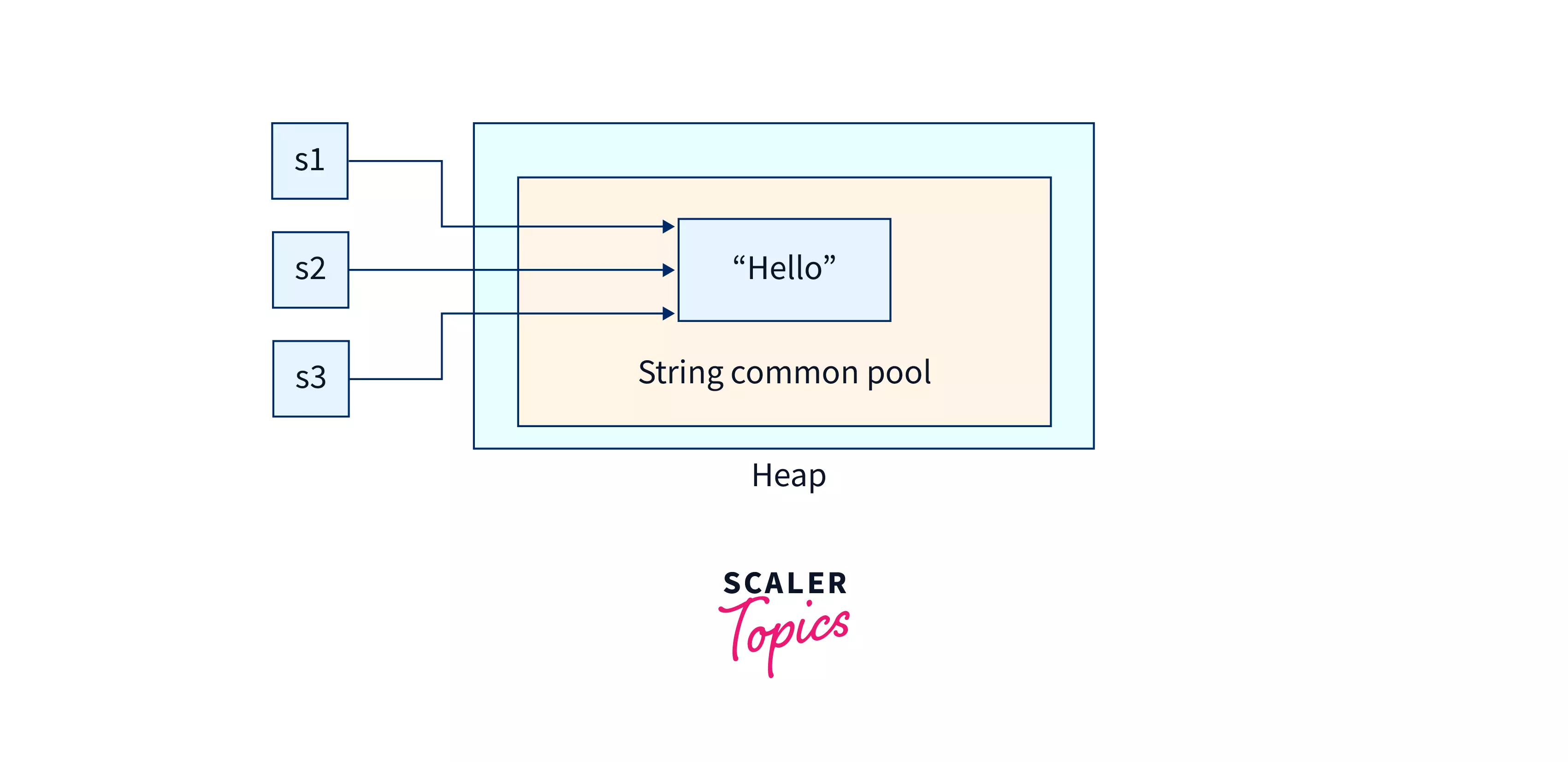What Is Unalterable Strings and Just How It Works
In the realm of programs, understanding the principle of immutable strings is extremely important for creating durable and protected applications. Unalterable strings describe strings that can not be changed after they are created, making certain information stability and predictability within the code. This fundamental concept plays an essential duty in different programming languages and offers a distinct approach to dealing with information. By checking out the complexities of exactly how immutable strings work, one can discover a globe of advantages and opportunities that can raise the top quality and effectiveness of software program advancement.
The Fundamentals of Unalterable Strings
Immutable strings, as an essential concept in programming, are personality series that can not be altered when they are produced. This implies that once a string is designated a value, that value can not be modified. In languages like Python and Java, strings are immutable items, causing numerous effects in terms of memory management and data honesty.
Among the key advantages of immutable strings is that they offer a complacency in information manipulation. Since the web content of an immutable string can not be customized, it ensures that the initial data remains undamaged, reducing the danger of unplanned changes throughout program implementation (Why are strings immutable in Java?). This residential property likewise simplifies debugging processes, as programmers can rely on that when a string is defined, its value will certainly not be unintentionally changed
Additionally, unalterable strings facilitate reliable memory usage. When a brand-new string is created based upon an existing one, rather than changing the initial string, the new worth is kept independently. This method improves performance by reducing memory fragmentation and simplifying memory allocation procedures. Generally, understanding the fundamentals of immutable strings is important for mastering programming concepts and optimizing code performance.
Benefits of Immutable Strings
Building upon the protection and effectiveness advantages of immutable strings, their advantages encompass improving code reliability and simplifying concurrent programs tasks. By being unalterable, strings can not be modified after production, which eliminates the danger of unplanned adjustments in the information they keep. This integral immutability makes certain that once a string is developed, its worth stays continuous throughout the program's execution, decreasing the possibilities of insects triggered by unanticipated changes.
Additionally, immutable strings contribute to code reliability by making it less complicated to reason about the state of a program. Given that strings can not be altered, developers can trust that a string will always hold the exact same worth, streamlining debugging and maintenance initiatives. This predictability results in much more steady and dependable codebases.

Implementation in Programming Languages
Within different shows languages, the unification of unalterable strings is a basic aspect that influences exactly how information is taken care of and adjusted within code structures. The execution of unalterable strings differs across different programs languages, with each language supplying its own systems to support this idea.

On the other hand, languages like C and C++ do not have integrated assistance for immutable strings. Programmers in these languages have to by hand apply immutability by enforcing regulations within their code to prevent straight modifications to string things.
Finest Practices for Dealing With Immutable Strings
When taking care of immutable strings in shows languages like Java and Python, adhering to ideal methods guarantees effective and secure information adjustment. Among the key finest techniques is to use StringBuilder or StringBuffer instead of directly controling strings, especially when taking care of substantial concatenation operations. These courses offer mutable choices for string adjustment, assisting to prevent unneeded memory allotments and improving efficiency.
In addition, when functioning with delicate information such as passwords or API secrets, it is important to prevent storing them as plain message in unalterable strings. Making use of safe and secure storage space devices like char arrays or specialized libraries for handling sensitive info aids minimize protection risks associated with unalterable strings.
Real-world Applications and Instances
Checking out sensible applications of immutable strings in various industries exposes their significant influence on information stability and system dependability. In the medical care field, unalterable strings play a crucial duty in making certain the safety and privacy of person data. By avoiding unauthorized modifications to delicate info useful source such as clinical documents and prescriptions, unalterable strings aid maintain conformity with rigorous personal privacy policies like HIPAA.
Monetary institutions also benefit from the immutable nature of strings to improve the safety and security of consumer data and deal documents. Unalterable strings aid avoid fraud and unauthorized alterations to monetary details, offering a durable defense versus cyber threats and making certain the count on and confidence of clients.

Conclusion
Ideal methods for working with immutable strings consist of avoiding straight adjustments and making use of approaches that return new string objects. Real-world applications of unalterable strings consist of data security, caching, and string control tasks.
Unalterable strings refer to strings that can not be altered after they are produced, making certain data integrity and predictability within the code. When a brand-new string is produced based on an existing one, rather than customizing the initial string, the new worth is stored separately.In languages like Java and Python, strings are immutable by default, suggesting that once a string item is created, its worth can not be changed - Why are strings immutable in Java?. Finest techniques for over at this website functioning with immutable strings consist of staying clear of direct modifications and using methods that return brand-new string things. Real-world applications of unalterable strings include information encryption, caching, and string control jobs